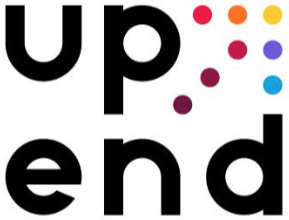“I’ve missed more than 9,000 shots in my career I’ve lost almost 300 games. 26 times I’ve been trusted to take the game-winning shot and missed. I’ve failed over and over and over again in my life. And that is why I succeed.” – Michael Jordan
Positivity as a life-skill is a gift that keeps on giving - at home, in relationships, and at work – a virtuous cycle. But having the skill of positivity demands more than knowing a mere mental concept of it, simple willpower to do it, and goes beyond the “power of positive thinking”. The true skill requires:
• Being honest about what’s really going on – the good, the bad, and the ugly – no spin
• Helpful self-talk: consistently asking “How can this be good for me/us?”
• Brainstorming realistic, yet positive interpretations of any event
• Choosing a balanced response, with focus on the positive action which you can tackle
Start today, and see results very soon, because positivity produces tangible results quickly – unlike some other winning skills that take more trust and a longer investment of time to start working.
Positivity as a life-skill is a gift that keeps on giving - at home, in relationships, and at work – a virtuous cycle. But having the skill of positivity demands more than knowing a mere mental concept of it, simple willpower to do it, and goes beyond the “power of positive thinking”. The true skill requires:
• Being honest about what’s really going on – the good, the bad, and the ugly – no spin
• Helpful self-talk: consistently asking “How can this be good for me/us?”
• Brainstorming realistic, yet positive interpretations of any event
• Choosing a balanced response, with focus on the positive action which you can tackle
Start today, and see results very soon, because positivity produces tangible results quickly – unlike some other winning skills that take more trust and a longer investment of time to start working.


